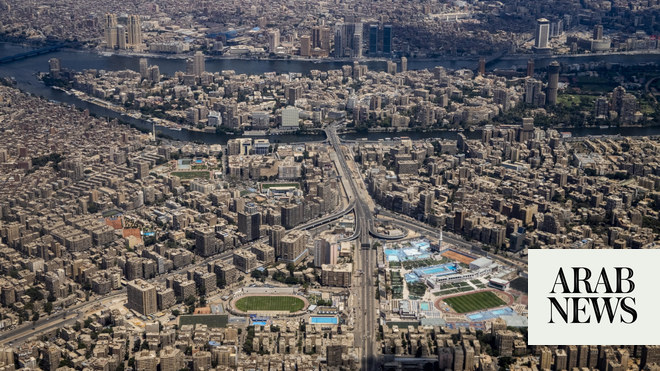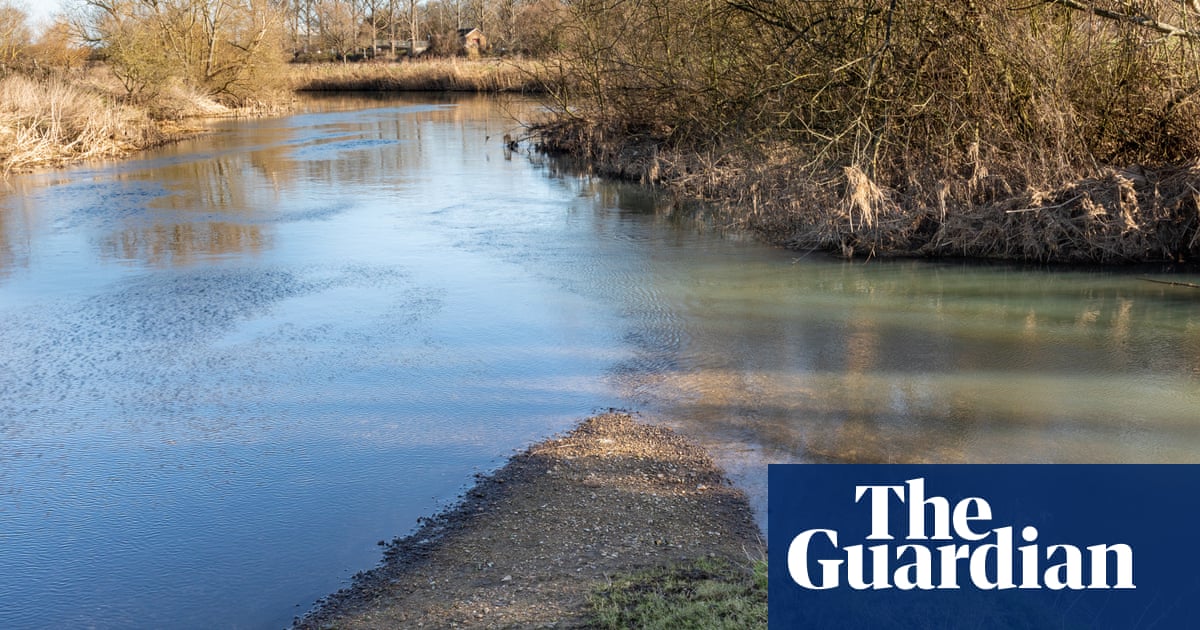
CAIRO: Egypt has dismissed claims that it plans to cede the ports of the Nile River to a foreign country under a law that reorganizes the General Authority for River Transport.
The Egyptian government said that the law only aims to encourage investment.
In an official statement, the nation’s cabinet rejected as untrue information published on some websites and social media platforms.
The cabinet’s media center urged all media outlets and social media users to first verify information before publishing, to prevent public confusion.
The cabinet’s media center said that it had contacted the Ministry of Transport, which denied these reports.
The ministry emphasized that the ports are wholly owned by the state and will remain under its control.
The River Transport Authority, established by presidential decree No. 474 of 1979, is the legal entity meant to oversee the smooth operation of this aspect of the nation’s transport system.According to the statement, the draft law aims to encourage private sector investment in river transport without selling or ceding ownership of any ports.
The law ensures that there is one entity that issues licenses for transporting passengers, goods, missions, materials of all kinds, and the management and operation of shipping lines and ports.
It emphasized that public utility powers will be granted to investors — whether Egyptian or foreign — for the purpose of establishing, managing, operating, maintaining, and exploiting ports, river anchorages, and navigational routes under a contract system.
Depending on the nature of each project, the law also has conditions and procedures that guarantee the protection of government facilities. These facilities have to be in good condition and free of any fees when contracts expire.
The General Authority for River Transport is the sole authority to issue navigational licenses for mechanized and non-mechanized river units, fixed pontoons, floating hotels and crews working on them, and commitment lines for ferries of all kinds.
It also has complete jurisdiction over licenses for berths and river ports on the Nile and its navigational branches, which would ensure safety and security standards are upheld — whether for passengers or goods.











